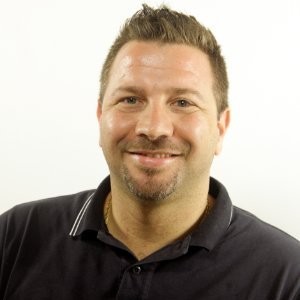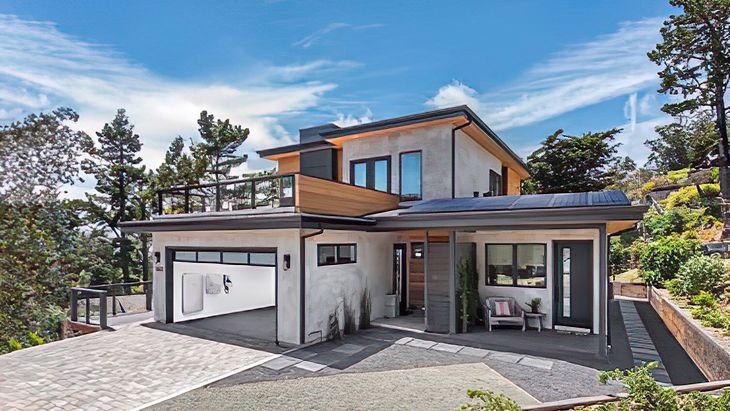Faced with the impact of the current energy crisis on the markets, Christian Carraro, General Manager South Europe at SolarEdge Technologies, a company specialized in the development of intelligent energy solutions, analyzes the challenges of the sector and highlights the opportunities related to the adoption of solar energy and the transition to self-consumption in Romania.

Christian Carraro, General Manager Southern Europe, SolarEdge Technologies
Dear Mr. Christian Carraro, what do you mean by this concept ‘From “smart home” to self-consumption, i.e. to smart energy management’?
The concept of “smart home” is now in the public domain. Many people are equipping their homes with smart systems such as voice controls for lighting and heating, appliances, audio systems, coffee machines and so on. A smart home allows for a more comfortable and simplified lifestyle, but when analyzing energy consumption, the picture changes completely. In fact, “smart home” and energy efficiency do not necessarily go hand in hand. On the contrary, the management of electricity in our homes is critical and remains inefficient. What makes the situation even more critical is the drastic increase in electricity costs caused by the current energy crisis. And here comes the subject of self-consumption: the possibility of producing energy,
What are the tools to make the transition to self-consumption through solar energy?
Currently, in homes with traditional energy supply, the energy environment is fragmented, leading to waste, inefficiency and expensive bills. Although they are “smart”, state-of-the-art appliances are not able to communicate with each other or detect the energy consumption of other devices, let alone interconnect with solar generation and battery storage. Therefore, to achieve the transformation of a traditional house into a smart house, tools and technologies are needed to manage the production and consumption of energy in an intelligent and coordinated way.
Specifically, I am referring to the solar inverter, an energy manager capable of synchronizing and optimizing various household devices with energy generated by the sun and stored in a battery, which enables interoperability and communication between different devices.
Please explain to us what a solar inverter is and how it works.
In solar systems, the inverter is the “brain of the operation”, responsible for managing solar energy generation, storage and various types of smart energy devices in the home – from refrigerators and water heaters to electric vehicle charging. Advances in the development of solar inverters have brought these systems to such a high level of performance that they can now perform the crucial function of energy management and intelligent coordination of energy use – allowing users to maximize self-consumption and realize energy savings.
Developed to enable the production of solar energy, the inverter has two modes of self-consumption optimization. Firstly, by storing energy in a battery and secondly, by distributing the energy consumption. By storing energy in a battery, the inverter allows solar energy produced during the day to be consumed at night. Another way in which the inverter contributes to the optimization of self-consumption is by shifting the use of smart devices from the evening hours when solar energy production is at its peak. A good example of a convenient way to optimize self-consumption is heating water with excess solar energy.
What does SolarEdge offer in terms of storage solutions?
SolarEdge’s range of DC-optimized residential inverters is constantly evolving. In addition to the Wave line, available for both single-phase and three-phase installations, SolarEdge is about to launch the innovative Hub technology, initially available for three-phase applications, which will also be ready to manage backup power and enable operation in the event of a network outage.
To meet the growing demand for battery storage solutions, SolarEdge has developed its own DC-coupled battery offering, which is seamlessly integrated into the SolarEdge Home ecosystem. The storage range is expanding and will soon include two products: the 400V battery, designed to be connected directly to the single-phase Wave inverter, and the new 48V battery dedicated to three-phase systems.
